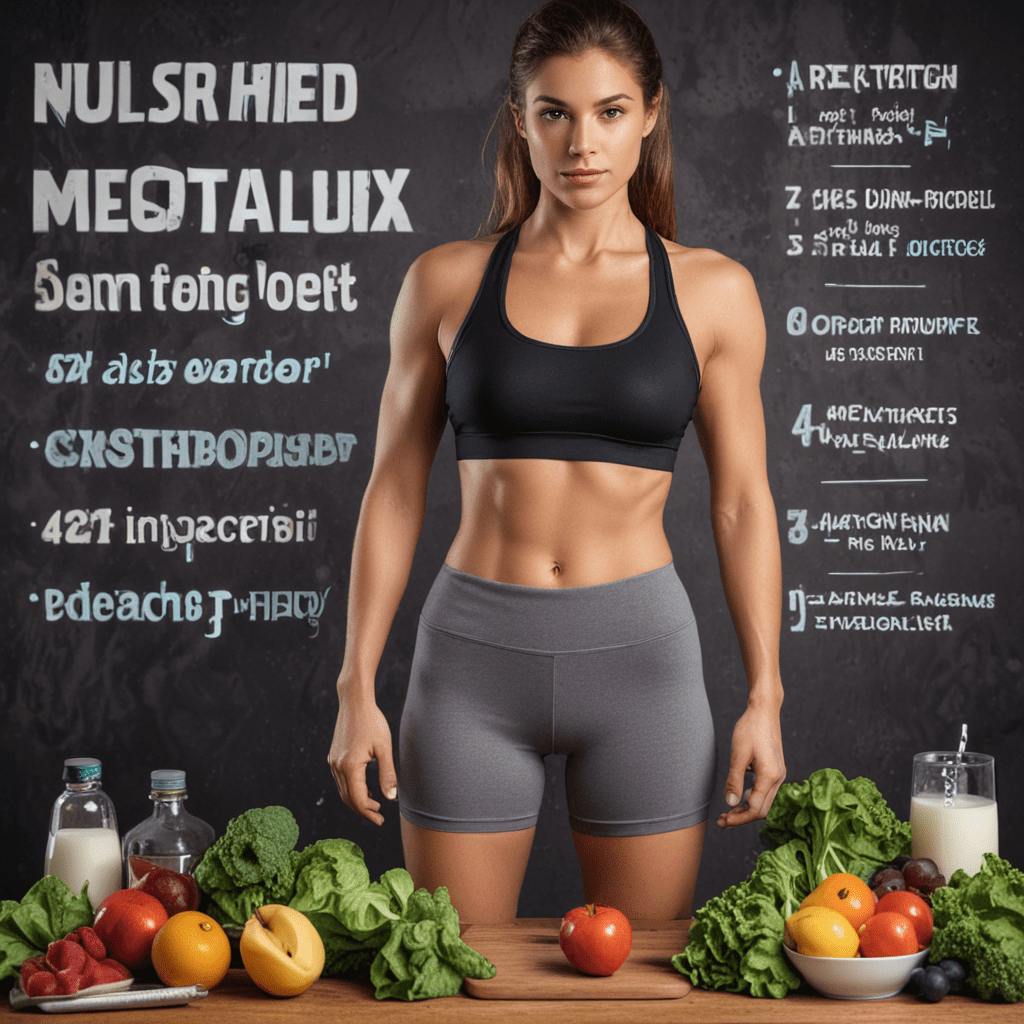
1. Introduction
Inflammation, a complex biological process, plays a significant role in numerous health conditions. Comprehending the connection between diet and inflammation can empower individuals to make dietary choices that promote well-being.
2. Inflammation: An Overview
Inflammation is a natural defense mechanism triggered by the immune system in response to injury or infection. It is characterized by redness, swelling, pain, and heat, serving to isolate and neutralize harmful agents. However, chronic inflammation, if left unchecked, can contribute to the development of various diseases, such as heart disease, arthritis, and certain cancers.
3. Dietary Factors That Promote Inflammation
Certain dietary components can aggravate inflammation. Understanding these triggers is crucial for managing and preventing chronic inflammatory conditions:
3.1. Saturated and Trans Fats
Found primarily in animal products and processed foods, these unhealthy fats contribute to inflammation by raising LDL cholesterol levels in the blood. High LDL cholesterol accumulates in blood vessels, narrowing them and increasing the risk of heart disease.
3.2. Refined Carbohydrates
White bread, pasta, and sugary drinks provide a quick source of energy but lack nutritional value. When digested, they rapidly raise blood sugar levels, triggering an inflammatory response. Additionally, they contribute to weight gain, another risk factor for inflammation.
3.3. Sugar
Excessive sugar consumption has potent inflammatory effects, damaging blood vessel walls and promoting the production of pro-inflammatory compounds. Over time, chronic sugar intake can lead to a range of health issues, including type 2 diabetes, heart disease, and obesity.
6. Dietary Interventions for Reducing Inflammation
To mitigate inflammation through dietary modifications, prioritize consuming anti-inflammatory foods and reducing the intake of pro-inflammatory ones as discussed earlier. Emphasize fresh fruits, vegetables, whole grains, and lean protein sources. Limiting processed foods, sugary drinks, and unhealthy fats can significantly reduce the inflammatory burden on the body.
7. Lifestyle Modifications Beyond Diet
Apart from dietary measures, certain lifestyle factors can also impact inflammation. Regular exercise has anti-inflammatory effects by reducing blood sugar levels, improving weight management, and enhancing immune function. Adequate sleep supports hormonal balance and reduces inflammation, while chronic stress management techniques like yoga, meditation, or spending time in nature can dampen inflammatory responses.
8. The Role of Genetics in the Diet-Inflammation Connection
While dietary choices significantly influence inflammation, genetic factors also play a role. Certain genetic variations can affect the immune system's inflammatory response or an individual's metabolism of specific nutrients. Understanding these genetic factors can help tailor dietary recommendations for optimal anti-inflammatory outcomes.
9. Challenges and Limitations
Modifying dietary habits and lifestyle can be challenging, especially when confronted with social or economic barriers. Access to affordable, healthy foods remains a concern, and individual preferences, cultural biases, and societal norms can influence dietary choices. However, with guidance from healthcare professionals, individuals can navigate these challenges and find sustainable ways to implement anti-inflammatory dietary measures.
10. Conclusion
The connection between diet and inflammation highlights the profound impact our nutritional choices have on our overall health and well-being. By understanding the inflammatory triggers and incorporating anti-inflammatory dietary components, we can proactively reduce inflammation, lower the risk of chronic diseases, and promote optimal health. Adopting an anti-inflammatory lifestyle empowers individuals to take control of their health and enjoy a vibrant and fulfilling life.
Frequently Asked Questions (FAQs)
Q: Can a vegan diet completely eliminate inflammation?
A: While a well-planned vegan diet can reduce inflammation by eliminating animal products and processed foods, it does not guarantee complete elimination. Certain plant-based foods, such as processed soy or refined carbohydrates, can still have pro-inflammatory effects.
Q: How quickly can dietary changes affect inflammation?
A: The impact of dietary changes on inflammation varies depending on the severity of inflammation and an individual's response. Some people may experience reduced inflammation within a few days of implementing anti-inflammatory dietary measures, while others may notice gradual improvements over several weeks or months.
Q: Is it possible to have inflammation without any symptoms?
A: Yes, chronic low-grade inflammation often occurs without noticeable symptoms. However, it can contribute to the development of various health conditions over time. Regular medical check-ups, including inflammatory markers in blood tests, can help detect and manage hidden inflammation.


